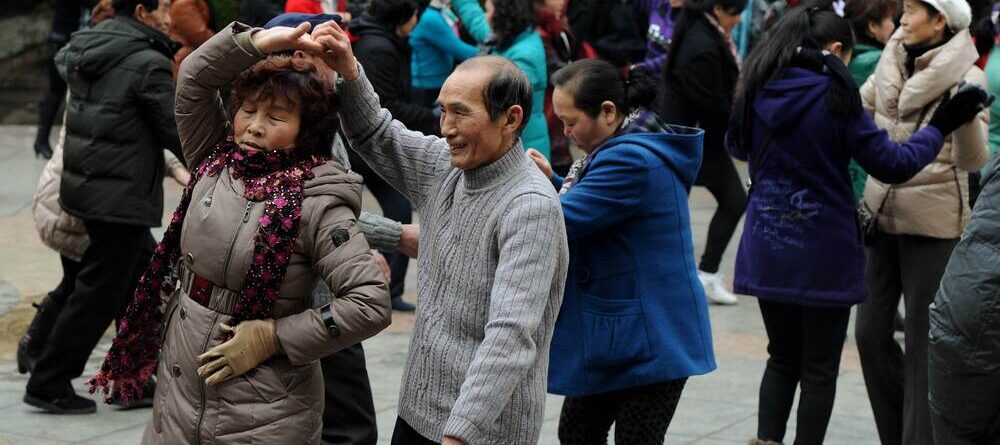China. Lawmakers review plan to raise retirement age in fast-greying China
JOB CONCERNS
We value your privacy
We use cookies to enhance your browsing experience, serve personalized ads or content, and analyze our traffic. By clicking "Accept All", you consent to our use of cookies.
We use cookies to help you navigate efficiently and perform certain functions. You will find detailed information about all cookies under each consent category below.
The cookies that are categorized as "Necessary" are stored on your browser as they are essential for enabling the basic functionalities of the site. ...
Necessary cookies are required to enable the basic features of this site, such as providing secure log-in or adjusting your consent preferences. These cookies do not store any personally identifiable data.
No cookies to display.
Functional cookies help perform certain functionalities like sharing the content of the website on social media platforms, collecting feedback, and other third-party features.
No cookies to display.
Analytical cookies are used to understand how visitors interact with the website. These cookies help provide information on metrics such as the number of visitors, bounce rate, traffic source, etc.
No cookies to display.
Performance cookies are used to understand and analyze the key performance indexes of the website which helps in delivering a better user experience for the visitors.
No cookies to display.
Advertisement cookies are used to provide visitors with customized advertisements based on the pages you visited previously and to analyze the effectiveness of the ad campaigns.
No cookies to display.

JOB CONCERNS

The top 25 state and local U.S. pension investment funds suffered an estimated paper loss of US$169 billion in... read more

The Government will promote private investment in reforestation and forest maintenance, thereby harnessing Peru's potential in the global carbon... read more

With nearly 4.2 million Americans reaching age 65 this year—the most ever—retirement plan advisers and sponsors are no longer... read more

The Social Security Administration is about to get a new commissioner, but that’s only the latest of a series... read more

Lack of clarity over fiduciary duty and a heavy sustainability reporting burden are key issues for the pensions industry,... read more

Inheritance tax changes on pensions are what should be grabbing headlines, according to a pensions expert. Former Pensions Minister... read more

Nigeria's pension fund regulator wants to diversify investments with more focus on infrastructure and private equity, a spokesperson said... read more

“We were set up with the mission of helping the financial sector transition towards sustainability,” says Nicoletta Centofanti, CEO... read more

Detectives assigned to the Constabulary Financial Unit (CFU) of the Counter Terrorism and Organised Crime Investigations Branch (C-TOC) arrested... read more

The Insurance Council of Zimbabwe (ICZ), an association of short-term insurers, says the industry is exploring new business lines... read more

The top 25 state and local U.S. pension investment funds suffered an estimated paper loss of US$169 billion in... read more

The Government will promote private investment in reforestation and forest maintenance, thereby harnessing Peru's potential in the global carbon... read more

With nearly 4.2 million Americans reaching age 65 this year—the most ever—retirement plan advisers and sponsors are no longer... read more

The Social Security Administration is about to get a new commissioner, but that’s only the latest of a series... read more

Lack of clarity over fiduciary duty and a heavy sustainability reporting burden are key issues for the pensions industry,... read more

Inheritance tax changes on pensions are what should be grabbing headlines, according to a pensions expert. Former Pensions Minister... read more

Nigeria's pension fund regulator wants to diversify investments with more focus on infrastructure and private equity, a spokesperson said... read more

“We were set up with the mission of helping the financial sector transition towards sustainability,” says Nicoletta Centofanti, CEO... read more

Detectives assigned to the Constabulary Financial Unit (CFU) of the Counter Terrorism and Organised Crime Investigations Branch (C-TOC) arrested... read more

The Insurance Council of Zimbabwe (ICZ), an association of short-term insurers, says the industry is exploring new business lines... read more
